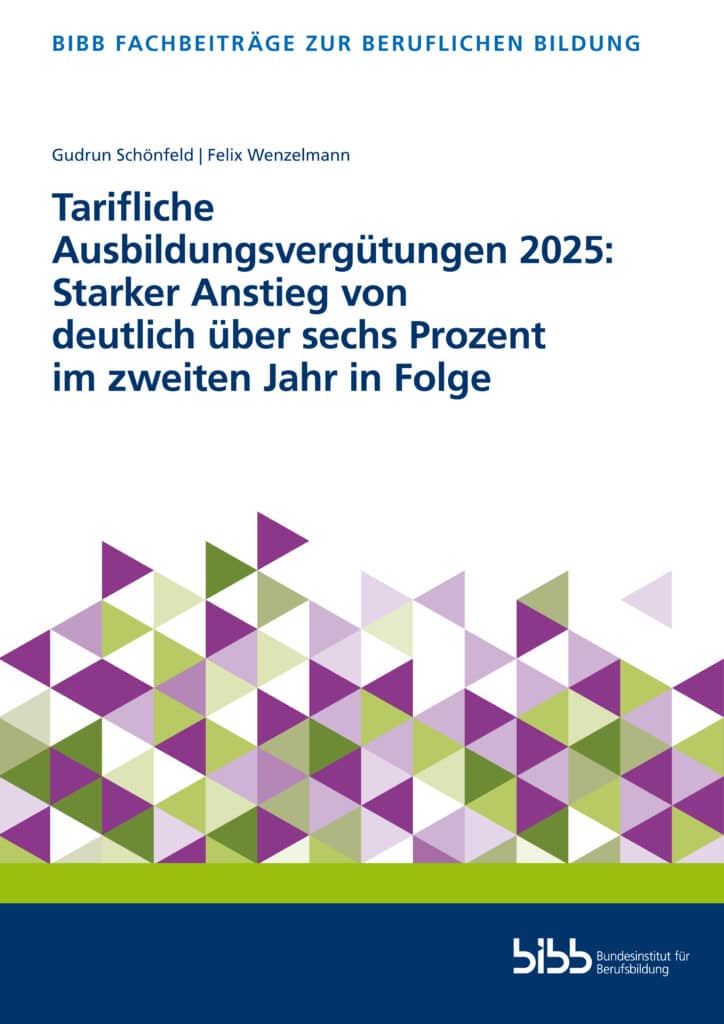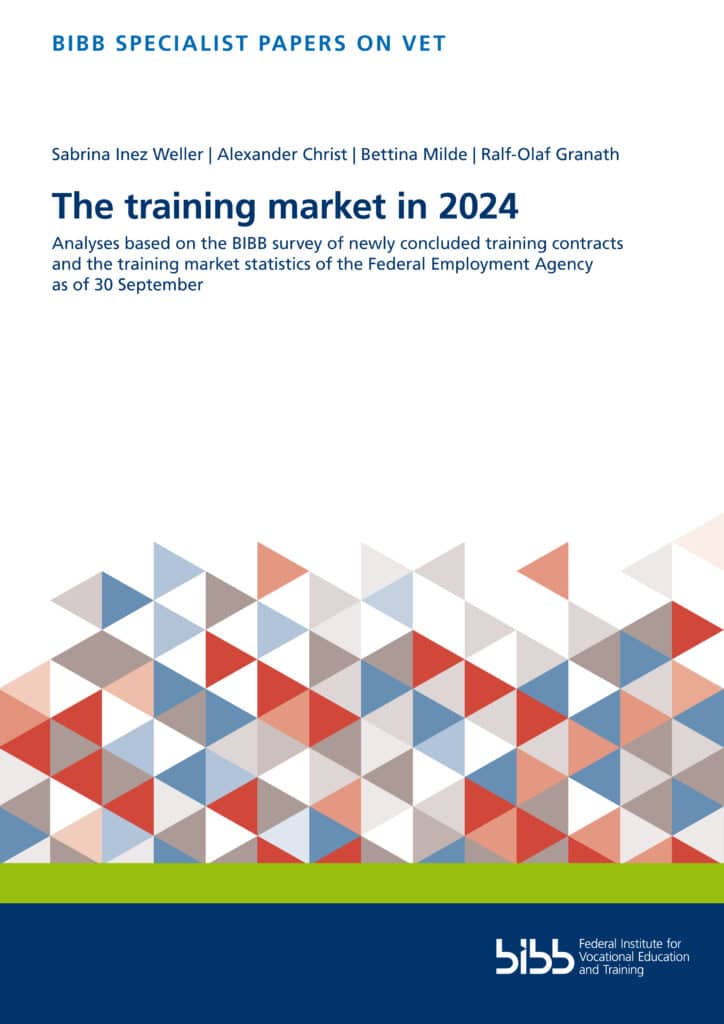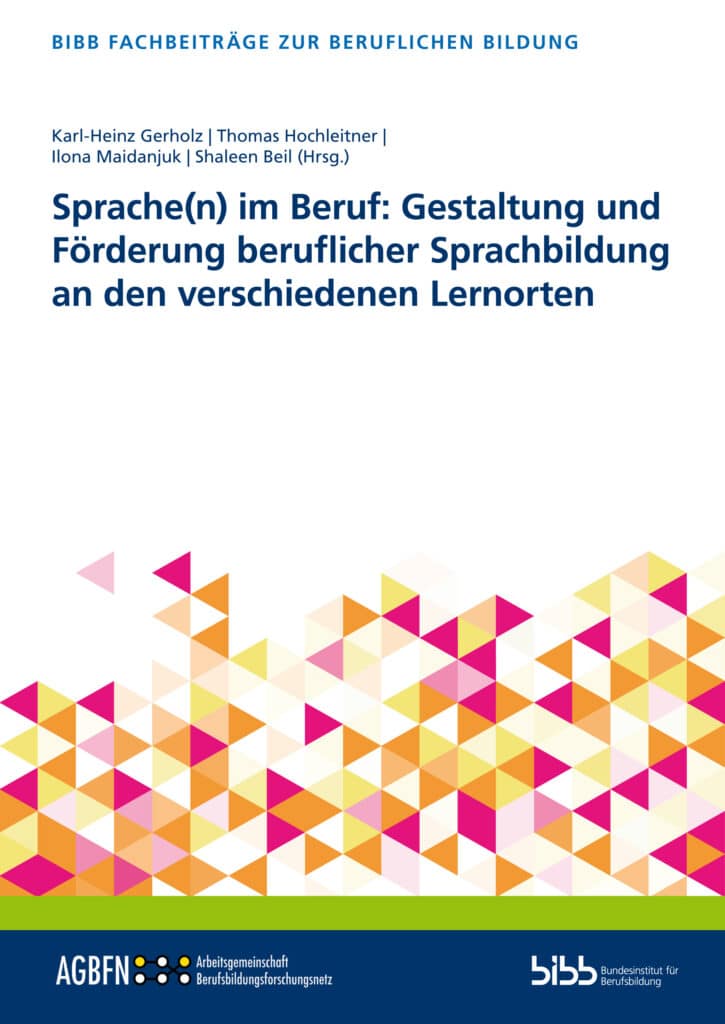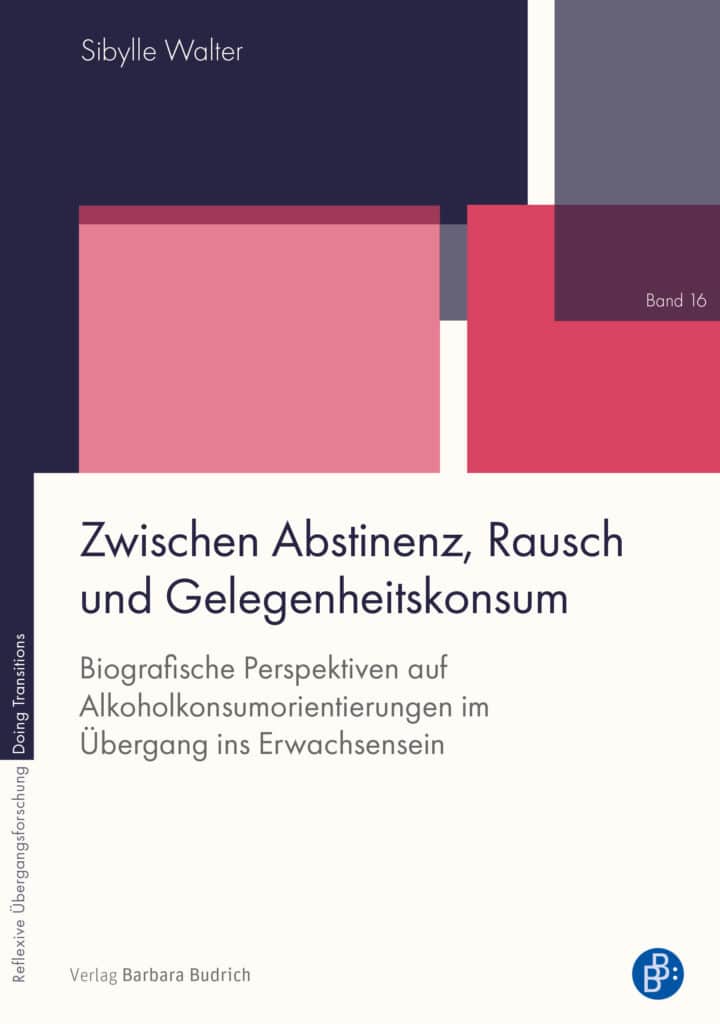Informationen zum Buch
Startseite » Programm » Social Consequences of Labour Market Marginalisation in Germany
Social Consequences of Labour Market Marginalisation in Germany
Analysing the Impact of Social Identities and Values
Erscheinungsdatum : 11.07.2022
28,99 € - 36,00 €
Beschreibung
Awarded the Peter A. Berger Prize 2022 for outstanding dissertations by the German Sociological Association (Section “Social Inequality and Social Structure Analysis“) / Ausgezeichnet mit dem Peter A. Berger Preis 2022 für herausragende Dissertationen der Deutschen Gesellschaft für Soziologie (Sektion „Soziale Ungleichheit und Sozialstrukturanalyse”)
The book examines the social consequences of labour market marginalisation for close social relations and social participation in Germany. Multilevel models and individual fixed effects analyses show that material security is an overrated factor. While financial strain does not explain the effects of labour market marginalisation on social exclusion, social identity and normative expectations are influential determinants.
To investigate social consequences of labour market marginalisation in Germany this study analyses individual, household, and regional socio-economic factors. It pursues three main goals: First, it sheds light on the process of accumulation of labour market disadvantage. Second, it analyses the repercussions for personal relations to family and friends and third, the effects on civic participation.
A combined hierarchical dataset of the German Socio-Economic Panel and regional INKAR indicators is the basis for multilevel and panel models. Results show that the accumulation of labour market marginalisation depends on an individual’s gender, household situation, and region of residence. With respect to the consequences for private social relations and civic participation, an individual’s identity is influential beyond financial strain on three analytical layers: On the individual level, it impacts work and family values. At the household grid, social roles are negotiated, affecting the primacy of paid labour and availability of alternative social roles. Moreover, regional institutional arrangements, norms, and the labour market affect opportunities to balance work and family.
This means that whether labour market marginalisation leads to impoverished social relations or withdrawal from civic activities depends on how someone is situated in private and public socio-economic contexts. For those whose social identity depends on paid labour, struggling at the labour market had stronger effects: While men’s personal relations were harmed by labour market difficulties, women’s were not. With respect to civic participation, individual values regarding work and family life were more important than an individual’s gender. This suggests that an individual may face exclusion if his or her primary source of social identity is at risk. Indeed, those for whom alternative social roles were available coped better with labour market disadvantage.
Table of contents + reading sample
The author:
Carlotta Giustozzi, postdoctoral researcher, institute of sociology at Goethe University Frankfurt/Main, Germany.
Download for free: publicity leaflet (pdf)
The target group:
Lecturers and researchers in sociology
Zusätzliche Information
| Verlag | |
|---|---|
| ISBN | 978-3-96665-055-7 |
| eISBN | 978-3-96665-940-6 |
| Format | 14,8 x 21 cm |
| Umfang | 268 |
| Erscheinungsjahr | 2022 |
| Erscheinungsdatum | 11.07.2022 |
| Auflage | 1. |
| Sprache | Englisch |
Autor*innen
Beschreibung
Beschreibung
Awarded the Peter A. Berger Prize 2022 for outstanding dissertations by the German Sociological Association (Section “Social Inequality and Social Structure Analysis“) / Ausgezeichnet mit dem Peter A. Berger Preis 2022 für herausragende Dissertationen der Deutschen Gesellschaft für Soziologie (Sektion „Soziale Ungleichheit und Sozialstrukturanalyse”)
The book examines the social consequences of labour market marginalisation for close social relations and social participation in Germany. Multilevel models and individual fixed effects analyses show that material security is an overrated factor. While financial strain does not explain the effects of labour market marginalisation on social exclusion, social identity and normative expectations are influential determinants.
To investigate social consequences of labour market marginalisation in Germany this study analyses individual, household, and regional socio-economic factors. It pursues three main goals: First, it sheds light on the process of accumulation of labour market disadvantage. Second, it analyses the repercussions for personal relations to family and friends and third, the effects on civic participation.
A combined hierarchical dataset of the German Socio-Economic Panel and regional INKAR indicators is the basis for multilevel and panel models. Results show that the accumulation of labour market marginalisation depends on an individual’s gender, household situation, and region of residence. With respect to the consequences for private social relations and civic participation, an individual’s identity is influential beyond financial strain on three analytical layers: On the individual level, it impacts work and family values. At the household grid, social roles are negotiated, affecting the primacy of paid labour and availability of alternative social roles. Moreover, regional institutional arrangements, norms, and the labour market affect opportunities to balance work and family.
This means that whether labour market marginalisation leads to impoverished social relations or withdrawal from civic activities depends on how someone is situated in private and public socio-economic contexts. For those whose social identity depends on paid labour, struggling at the labour market had stronger effects: While men’s personal relations were harmed by labour market difficulties, women’s were not. With respect to civic participation, individual values regarding work and family life were more important than an individual’s gender. This suggests that an individual may face exclusion if his or her primary source of social identity is at risk. Indeed, those for whom alternative social roles were available coped better with labour market disadvantage.
Table of contents + reading sample
The author:
Carlotta Giustozzi, postdoctoral researcher, institute of sociology at Goethe University Frankfurt/Main, Germany.
Download for free: publicity leaflet (pdf)
The target group:
Lecturers and researchers in sociology
Bibliografie
Zusätzliche Information
| Verlag | |
|---|---|
| ISBN | 978-3-96665-055-7 |
| eISBN | 978-3-96665-940-6 |
| Format | 14,8 x 21 cm |
| Umfang | 268 |
| Erscheinungsjahr | 2022 |
| Erscheinungsdatum | 11.07.2022 |
| Auflage | 1. |
| Sprache | Englisch |
Produktsicherheit
Bewertungen (0)
Bewertungen
Es gibt noch keine Bewertungen.









Bewertungen
Es gibt noch keine Bewertungen.